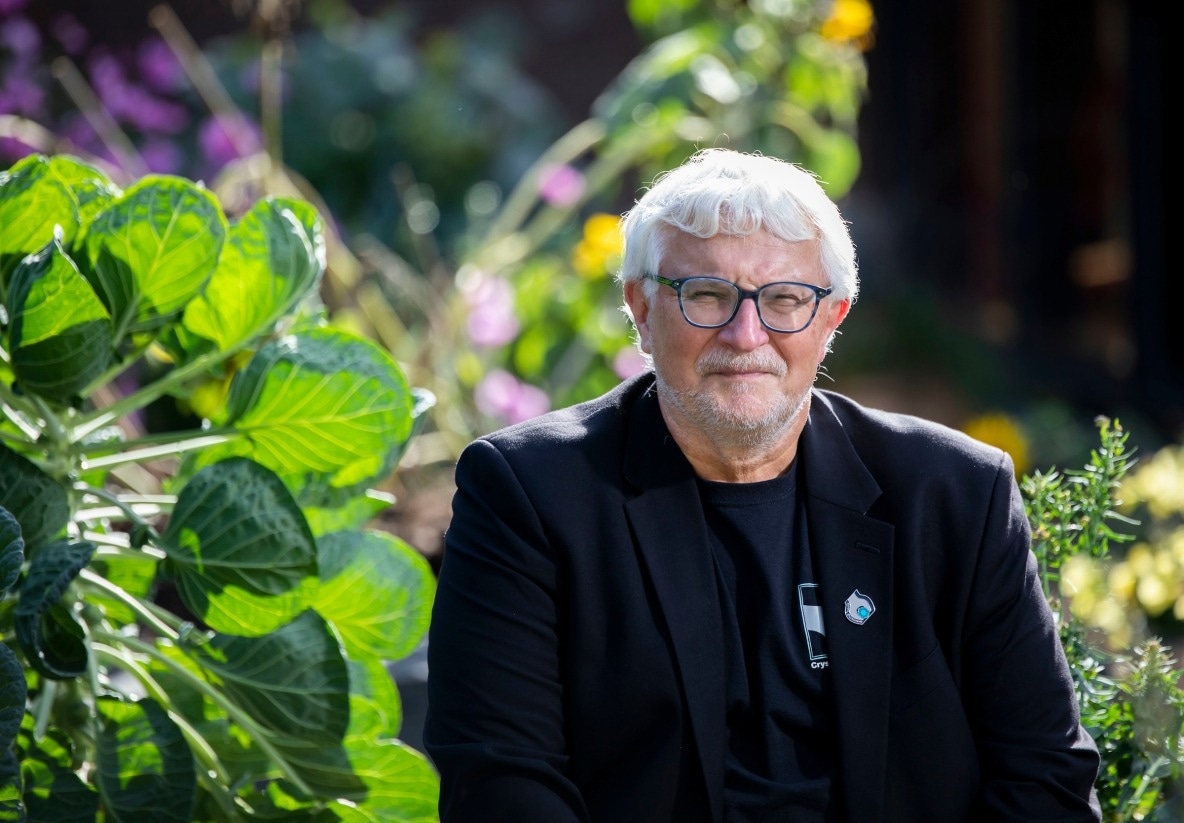Scientists at Ireland’s University of Limerick found a new material that can “trap and store” volatile gases.

Professor Michael Zaworotko, Bernal Chair of Crystal Engineering and Science Foundation of Ireland Research Professor at UL’s Bernal Institute. Image Credit: University of Limerick.
The international team of researchers, including collaborators from Japan, the United States, and South Africa, found a new class of porous materials or sorbents for trapping and storing volatile gases.
The discovery was recently published in the renowned journal Nature Chemistry.
Researchers were guided by Dr. Varvara Nikolayenko, formerly of the Department of Chemical Sciences and UL’s Bernal Institute, now working at Bayer AG, and Professor Michael Zaworotko, Bernal Chair of Crystal Engineering and Science Foundation of Ireland Research Professor at UL’s Bernal Institute.
The finding is vital because there is an urgent need to identify improved means to store medicinal (e.g., oxygen and nitric oxide) gases and volatile fuel (e.g., hydrogen and natural gas) which actually require exceptionally high pressures or incredibly low temperatures.
Traditional sorbents have interconnected holes and pores like a sponge. The new sorbents we have discovered are more like Swiss cheese in that they have empty space, but they are not interconnected by pores. Our new materials point towards an alternate approach to store such gases which is both less energy intensive and safer.
Michael Zaworotko, Professor, Bernal Institute, University of Limerick
The major findings, according to the research team, are that the so-called “Swiss cheese” sorbent expands when subjected to gases with very little structural rearrangement, capturing increasingly large amounts of gas as pressure is increased.
The changes in the sorbent are reversible so the gas can be easily removed, and the sorbent can be recycled for further use. It is counterintuitive to expect a sorbent which has no pores to have the ability to trap volatile gases. This raises the question of whether there are many more such sorbents that are hiding in plain sight.
Dr Varvara Nikolayenko, Bernal Institute, University of Limerick
The recent breakthrough builds on Professor Zaworotko’s work in crystal engineering at UL’s Bernal Institute to address grand climate challenges.
Professor Zaworotko and his group created a new material last year that can trap toxic chemicals from the air.
That material can capture trace amounts of benzene, a hazardous pollutant, from the air while using less energy than existing materials, potentially revolutionizing the search for clean air.
Professor Zaworotko and his colleagues have earlier developed a material with favorable properties for absorbing and releasing water from the atmosphere, which could revolutionize building dehumidification systems and water availability in drought-prone areas.
People in science are driven by a dream. The dream is, in almost all cases, to have a positive impact on society. Water purification, carbon capture, cheaper and better pharmaceuticals, are just three examples of where crystal engineering could be the key and the pieces of that jigsaw puzzle are coming together now.
Michael Zaworotko, Professor, Bernal Institute, University of Limerick
Stay Curious for Research - Sustainable Society
Video Credit: University of Limerick.
Journal Reference
Nikolayenko, V. I., et al. (2023) Reversible transformations between the non-porous phases of a flexible coordination network enabled by transient porosity. Nature Chemistry. doi.org/10.1038/s41557-022-01128-3.